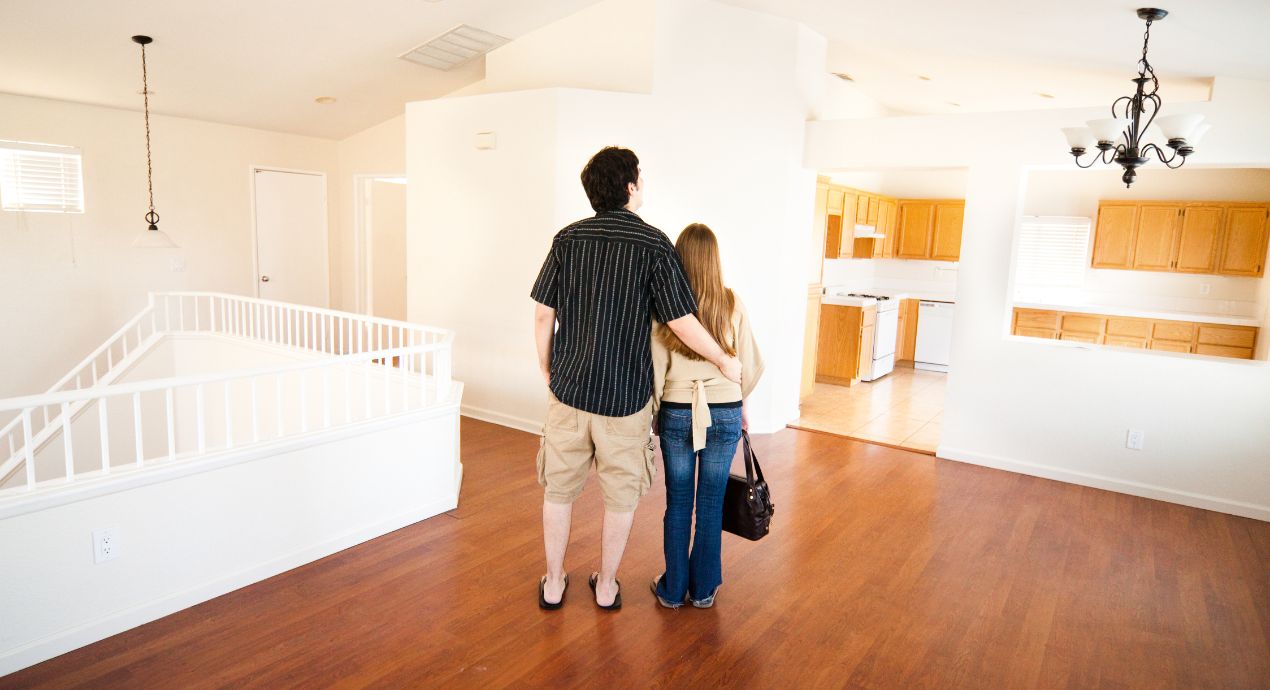
Contemplating coverage?
Subscribe to receive our emails & get
$200 off!
Have questions?
Call us: (833) 544-8273


Written By Ellie Brooks
Homeownership has always been a reasonably challenging goal for the majority of Americans, but Millennials have faced many unique obstacles. Members of Generation Y range in age from their late twenties to early forties—prime years for purchasing a home and building a stable life—yet the rate of Millennial homeownership is below 50%. For comparison, the rate of homeownership is near 70% for Gen X and almost 80% for the Baby Boomers.
What are the reasons for the lagging rate of homeownership among Millennials? We’ll review the most significant factors in this article. We’ll also offer some helpful tips for hopeful Millennial home buyers and home sellers who hope to attract buyers in the Millennial cohort.

Give buyers and sellers the best protection
at great prices!
The Millennial generation has grown up in an era of high housing costs, student debt, and greater economic uncertainty. As a result, many Millennials are struggling to buy homes, and the rate of Millennial homeownership is lower than that of previous generations. Let’s take a closer look.
The cost of housing has increased significantly over the past few decades. The rise in home values has been exceptionally steep since 2020. With the increased demand for housing and limited availability of land, the cost of purchasing has steadily increased. Rents have gone up as well, taking up a greater share of the average person’s budget. The trend has been particularly pronounced in urban centers, as cities have seen a surge in population growth and limited space to accommodate it. Also consider the rise in the cost of building materials, which has made it more expensive for developers to build new houses and renovate existing ones. Further complicating matters is the housing market becoming increasingly involved in financial speculation.
Simply put, inflated housing costs mean Millennials need to put more money down to purchase a home, but that’s no easy task when rent costs are likewise inflated, diminishing the average Millennial’s capacity to save up for a down payment.
Economic insecurity among Millennials is a growing issue. Stagnating wages, the gig economy, and precarious employment have made it more difficult for Millennials to save for large expenses. Growing student loan burdens also disproportionately affect Millennials compared to older generations.
Despite having relatively high levels of education and experience, Millennials often struggle to obtain the credit needed to buy a home. With stricter lending standards and more limited credit history, many Millennials are unable to qualify for a mortgage. And while home values have dipped in recent months, interest rates have of course gone up.
Millennials tend to prefer living in urban areas with easy access to amenities like entertainment, restaurants, and public transportation. Unfortunately, these areas are more likely to suffer from housing supply issues. Zoning laws, political gridlock, and competing interest groups are just a few contributing factors. As a result, it has been difficult for Millennials to find affordable housing in desirable locations. Moving to areas with a greater supply of housing isn’t always feasible or realistic because of employment and family concerns.
There have been a number of demographic shifts that may contribute to housing struggles among Millennials. For example, Millennials have changed the traditional timeline for marriage. The median age for first marriages has steadily risen since the 1990s and is now around 30 for men and 28 for women. It’s easier to save for a down payment in a dual-income household, so this trend of delayed marriage may help explain why Millennials become homeowners at an older age.
Homeownership for Millennials isn’t a complete impossibility. There are several things you can do if you aspire to buy your own home.
Building a good credit score is essential for Millennials looking to purchase a home. Start by making all payments on time, paying off any existing debt, and keeping credit card balances low.
Millennials should start saving as soon as possible for a down payment. But remember that the traditional 20% of the home’s value isn’t necessarily essential. While that may make for a better mortgage, it is more and more common for new buyers to put only 10%—or even less—down.
Millennials should research different loan options and determine which one best fits their needs. There are plenty of programs that are designed to assist first-time buyers. The U.S. Department of Housing and Urban Development has a wealth of information.
Finding a real estate agent who understands the needs of Millennials is key. A good agent will be knowledgeable of local properties and programs that new buyers can take advantage of to make homeownership a reality.
Home sellers who want to attract Millennials should focus on what is important to the demographic. Some of the characteristics of Millennial home buyers include a preference for modern amenities such as open-concept floor plans, updated kitchens with stainless steel appliances, and energy-efficient features, like LED lighting and smart home technology. In addition, many Millennials are attracted to homes with outdoor living spaces, such as decks and patios, as well as homes that are close to restaurants, shopping centers, and public transportation. By appealing to these preferences, home sellers can make their properties much more attractive.
Also consider financial incentives. A home warranty for new home buyers can facilitate a sale because it reassures buyers that any malfunctioning appliances or systems will be affordably repaired.
Whether you’re interested in a home warranty for renters, home sellers, buyers, or real estate agents, reach out the Liberty Home Guard team. We’ll help you craft a plan befitting of your needs and budget. Call (866)-432-1283.
Stay Ahead of Potential
Home Mishaps!
Subscribe to our Liberty Home Guard Newsletter and gain access to exclusive content that ensures your peace of mind.